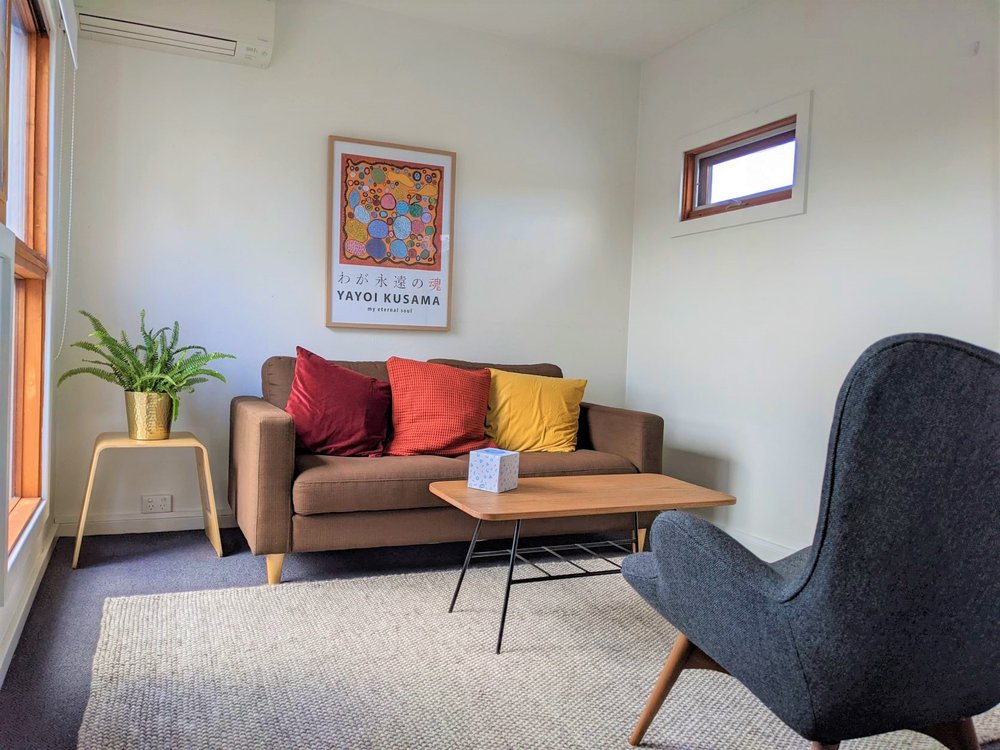Psychological Therapy
How I work
Blending coaching and psychotherapy, I offer both practical strategies for immediate challenges and deeper emotional work for lasting change. My approach is collaborative and grounded in mutual respect. I don’t believe that I am “above” the client – instead, I see therapy as a partnership where we work together to support your individual journey.
If you feel “stuck” or caught in repeating patterns, we’ll explore the underlying reasons for these cycles while also building tools to address day-to-day challenges. This combination is particularly effective for people who want to make meaningful changes in their lives but need both support and structure to do so.
With professional expertise and lived experience as a neurodivergent individual, I deeply understand the challenges of navigating a neurotypical world, including feeling invalidated, misunderstood, or overwhelmed. I aim to provide a safe, supportive space, tailoring therapy to your unique needs, including sensory and cognitive accommodations.
As a psychologist, I aim to help:
- Build confidence and self-compassion while fostering a stronger sense of self-worth.
- Gain insight into emotional and behavioural patterns to better understand and address challenges.
- Strengthen your ability to manage intense emotions and create balance in your life.
- Cultivate skills to advocate for your needs and build more fulfilling relationships.
- Explore and align your actions with your personal values, fostering a life that feels more authentic and purposeful.

Traits/Conditions I Commonly Work With
I work with children, adolescents and adults experiencing:
- Depression and anxiety
- Complex trauma and PTSD
- Low self-esteem and perfectionism
- Attachment issues and relationship difficulties
- Substance or behavioural addictions
- ADHD-related issues such as difficulty coping with executive functioning demands, impulsivity, and regulating emotions.
- Autism-related issues including communication, masking, autistic burnout, and self-advocacy.
- Work-related issues including managing conflict, advocating for accommodations, occupational burnout, and finding balance in environments designed for neurotypical ways of working.
Frequently Asked Questions
Each session runs for approximately 50 minutes.
Medicare: If you have a Mental Health Care Plan, you’ll be eligible for a rebate of $96.65 per session with a registered psychologist. The out-of-pocket cost is $143.35 per session ($240 per session prior to rebate).
$240 per session on weekdays, Appointments scheduled outside business hours and in person are $260.
NDIS Participants: If you are an NDIS participant, the rebate provided by NDIS is based on the current NDIS price guide rate for psychology under therapy supports, which is $222.99 per session. The gap fee, payable on the day of the session, is $17.01 per session.
